708 episodes
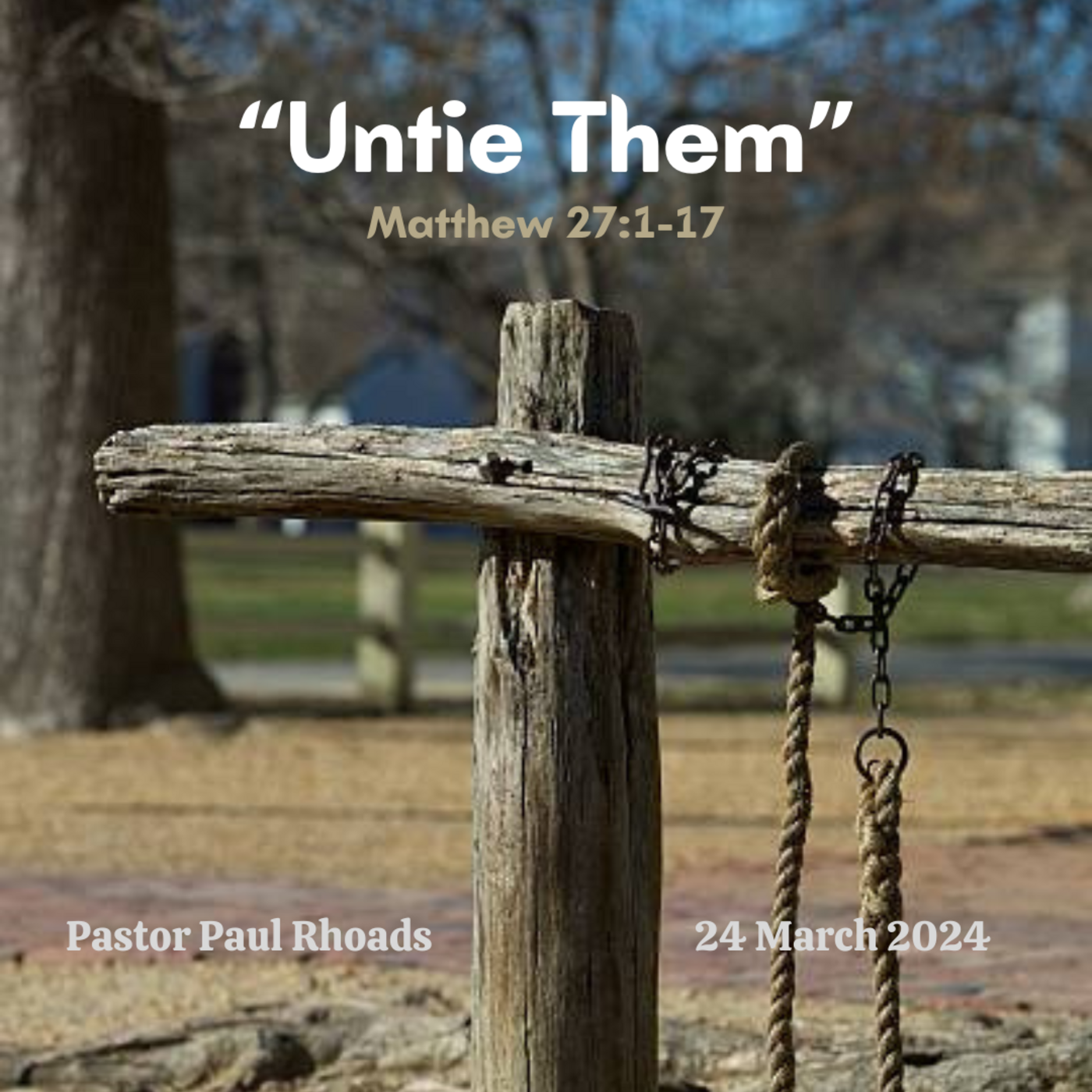

Half of the verses in the 3 Gospel texts about Jesus' "Palm Sunday" entrance into Jerusalem focus on getting the donkey He rode, fulfilling prophecy. For each of the components of the scene--the 2 disciples, the owners, the 2 donkeys and the ropes--there are important spiritual principles about trust and obedience, yielding control, compliance and being free to be utilized by the Lord. So are we prepared and available when "the Lord has need of us"?
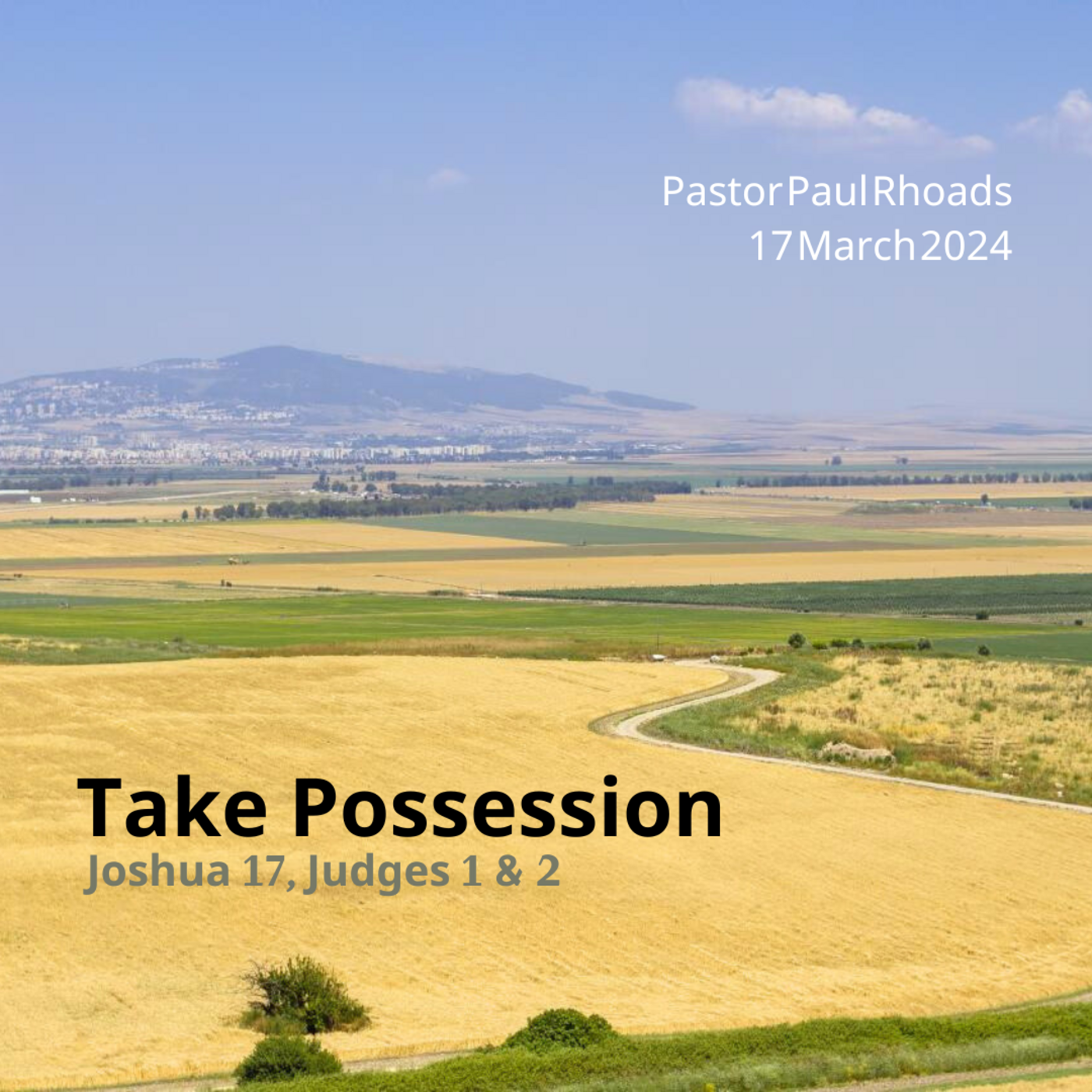

As believers, Christ has secured us to experience eternal victory, but He has also provided for us to live in victory now. But like the Israelites in the Old Testament, sometimes we act with subtle insubordination, looking at the obstacles and opposition as excuses to partially obey. When Israel occupied the Promised Land, the tribe of Manasseh was hesitant...but the Lord called them to take full possession, trusting Him for HIs help and victory. Similarly, we are to drive out sin and persuade people to trust Christ with their lives.


The aggressive promotion of self-focus, victimhood and not taking responsibility is a method the devil is using to corrupt the culture, but also to discourage Christians. But we have to fight this, always remembering and secure that with the Lord, there is always victory and no defeat. We have to make sure we're not walking in darkness and being overwhelmed by the spiritual attack, by constantly trusting and praising the Lord for His faithful sufficiency. Video of this service is also available: https://www.youtube.com/watch?v=MmYgzLeY4n4&t=29s


The preparation, planning and passion that surfers model can teach and inspire us to greater faithfulness and effectiveness in our walk. This includes understanding how world events align with Scripture, enduring with fearless conviction and confidence in God's victory in times of temptation and attack, and being on the crest of what the Lord is doing. Even more than surfers, our dedication to the Lord is our life, and we are called to fully commit to it with joy. Video of this service is also available: https://www.youtube.com/watch?v=XSqrdBv5ijs&t=4013s


Giving is often an area of confusion and uncertainty for believers. Do we follow the Old Testament model of tithing plus offerings, or did the New Covenant free us from obligatory percentages? The fact that the average churchgoer gives under 3% indicates a problem. The goal is not numbers, but a willing and joyful heart, understanding that everything is the Lord's, and we have the opportunity to be generous and share in what He is doing.
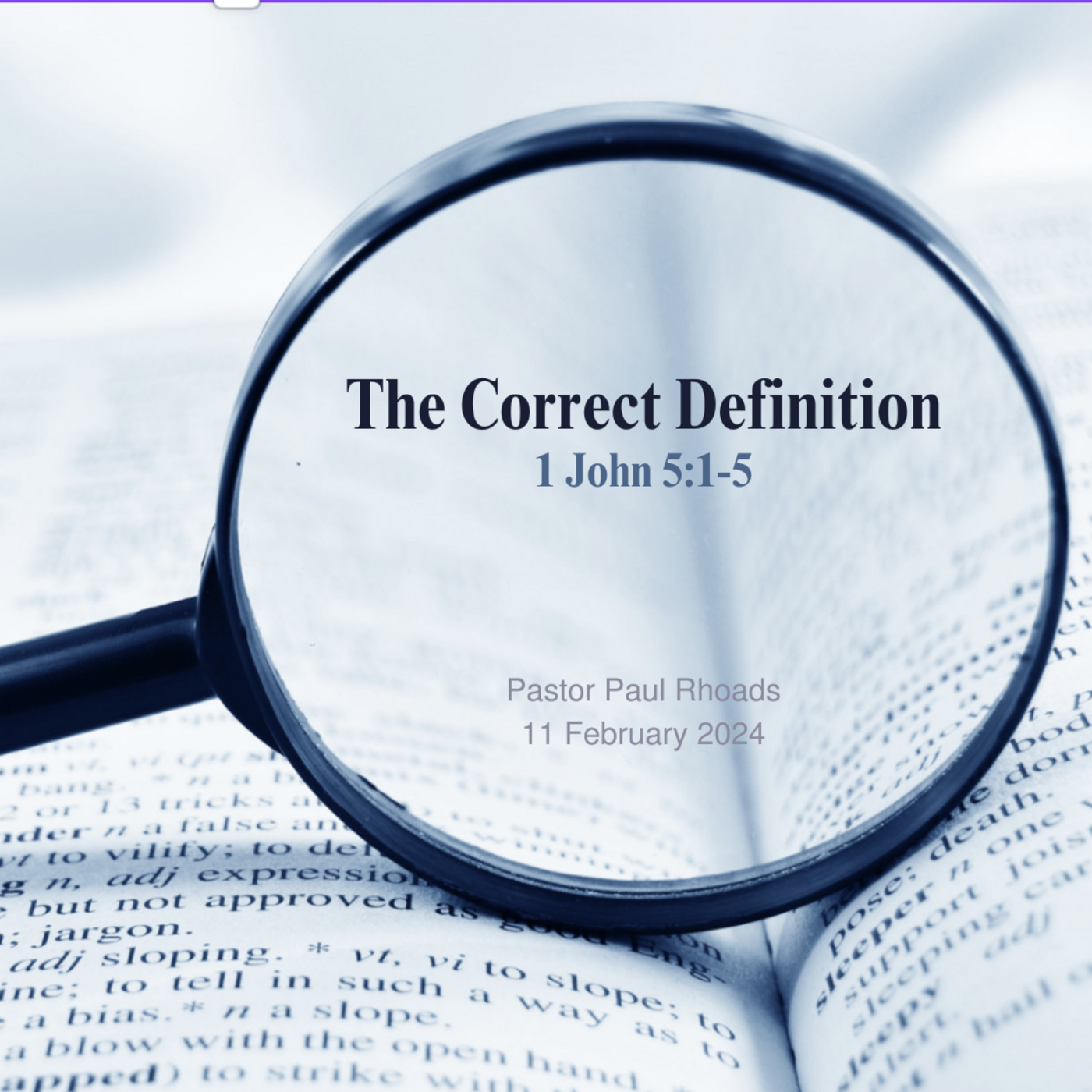

It is amazing what Jesus has done to save us and give us new life. He has secured victory over sin and death, and promises that true believers have overcome the world. So it is shocking that there is an epidemic of spiritual, emotional, mental and relational paralysis among believers! We don't have to be overwhelmed and weakened by the world and difficulty, because the Lord enables us to prevail as "more than conquerors". So consistent victory in our lives is determined by the depth of our faith and how we define "overcome".


As change takes place in society, sometimes we aren't given the option to accept what has changed. While the advancements are more convenient and requires less of us, they can also gradually condition us to new thoughts and behaviors. As believers, we have to guard against this concept in terms of the enemy's attempts to acclimate our heart and mind to doubt the Lord and compromise our convictions for what is expedient and fulfills us. Solomon's life stands as our warning, as he went from a wise, blessed king to someone who turned his back on the Lord.


Hezekiah had a great start as the King of Judah--rejecting his dad's evil example, tearing down what offended the Lord and restoring the temple. The foundation for this was his strong trust in the Lord, to Whom Hezekiah "clung". This concept of adhering to and obeying evokes a young child or a rock climber. The latter has to be intentional in which rocks they grab and which path they take to move higher, without wasting energy. Showing our trust and commitment to the Lord in this way gives us confidence, courage and clarity. (Video of this service is also available on our YouTube channel: https://www.youtube.com/watch?v=lq3ogBG9-_g)


The Lord calls us to more than just knowing Truth and understanding what is expected of us--He calls believers to action. He has taught us how to do what is right, and instead of being a burden it is a source of joy and strength. Hezekiah was one of the few good kings of Judah, and ignoring his father's evil example, he chose to reform the nation spiritually and practically, by courageously aligning himself with what pleased the Lord. For us to do this requires us to be strong in our conviction and bold in speaking truth with love.


As we seek discernment and the Lord's leading, there is often a need to wait on Him. But many of us struggle with impatience, which can be a result of the need for control and even a lack of wisdom. The Lord promises His goodness, kindness and faithfulness to those who fear Him, so He calls us to trust Him, and to wait for Him with all our soul. We can confidently do this because we know Who He is, and how He has worked in the past. But first, we have to yield our overconfidence in self, rejoicing in His help and protection.
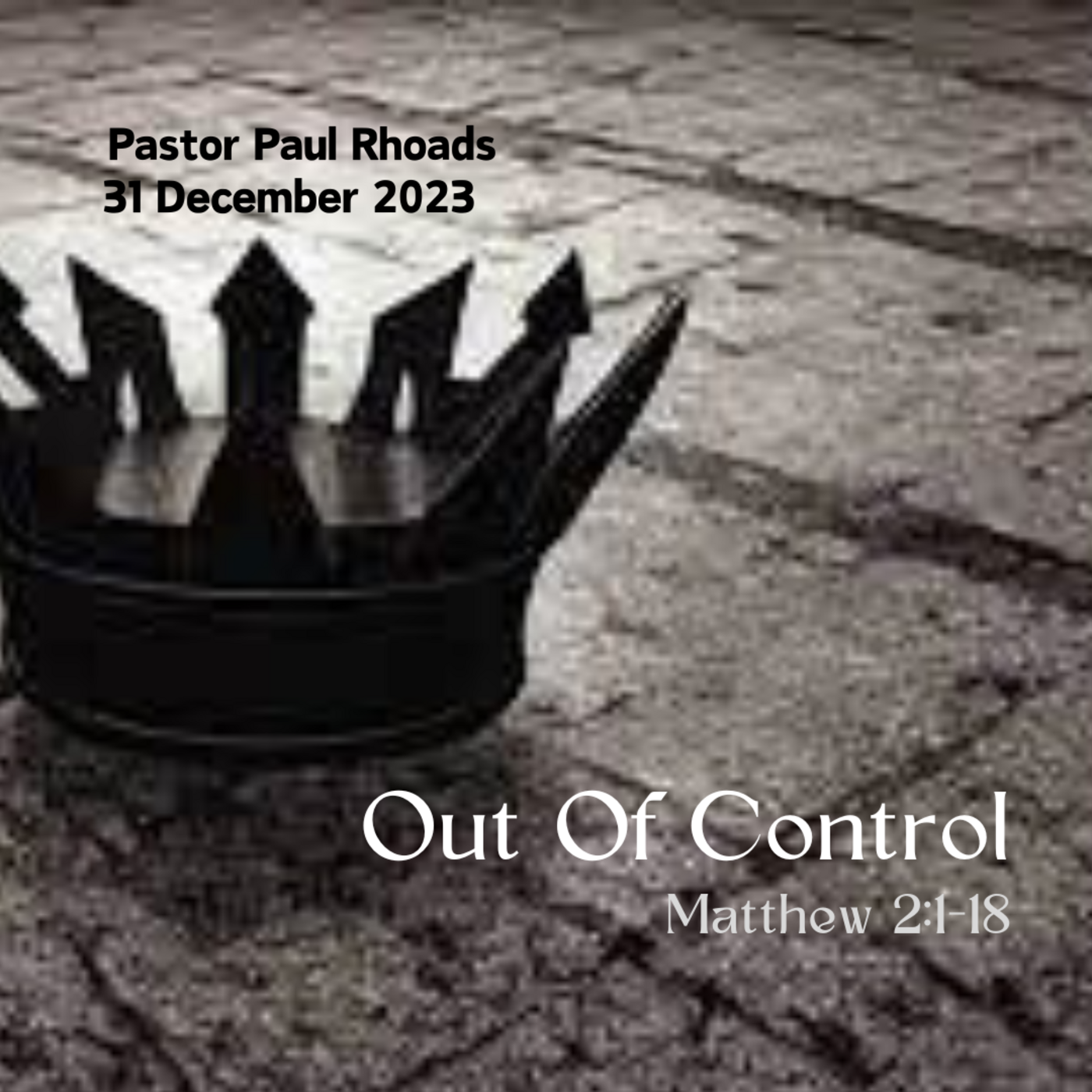

When the wise men told Herod that the Messiah had been born, he and the people of Israel should have been thrilled. But Herod felt that his power was threatened, and lied to the wise men that he also wanted to worship Jesus. When our heart is proud and not yielded to the Lord, it shows up in deception, irrational overreaction and lack of sensitivity toward others. So it is vital that we ask the Lord to help us walk in truth and stand firm for our faith.


As believers, it is vital that we have discernment from the Lord. This means the ability to hear from the Lord, so we can distinguish was it wise and right, so we can faithfully obey Him. After he asked for and received wisdom from the Lord, Solomon wrote "proverbs" to those who love Him. He exhorted us to seek for and cry for wisdom, treating it like a great treasure that is sometimes only found in the depths of faith. When we do, the Lord has wisdom stored up that He wants to give to us, acting to protect us from harm.


After the shepherds heard about Jesus' birth, they were excited to go see Him and have their angel's message of salvation verified. But what would people think when they started talking about the message and the experience? Would they been seen as crazy, and rejected in society? Especially in an increasingly hostile and punitive culture, Christians may feel hesitant to share their faith. But everyone needs the Good News, and whether they receive it or not, we are still called to tell them about Jesus.


One of the great fears in life is the fear of change. As a believer, we often wonder, "what if the Lord calls me to something different or difficult?" When Mary received the news from the angel, her natural instinct would have been fear and many questions. But because the Lord's hand was on her life, and because she feared the Lord more than her circumstances, she was willing to live as a bondservant. She gives us a powerful example of confident trust and surrender to the Lord's will.
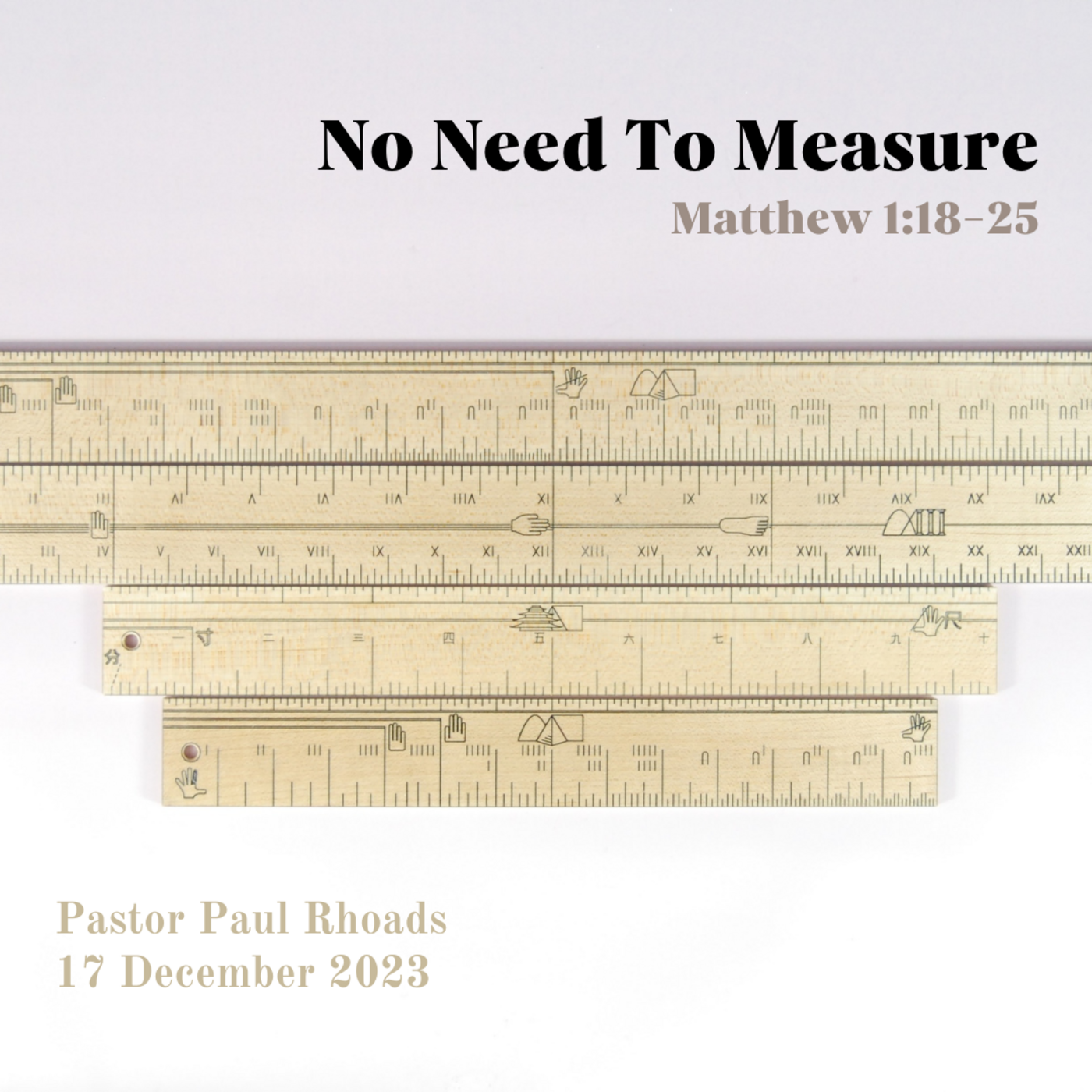

Joseph, the man called to the huge responsibility of being the earthly father of Jesus Christ, never says one word in the Bible. But his actions sets a powerful example of righteous character, unquestioning faith and faithful obedience. Facing his own personal fears, as well as social criticism and the risk of his career, Joseph still immediately honored the Lord and embraced the sacrifice of living in the Lord's will.
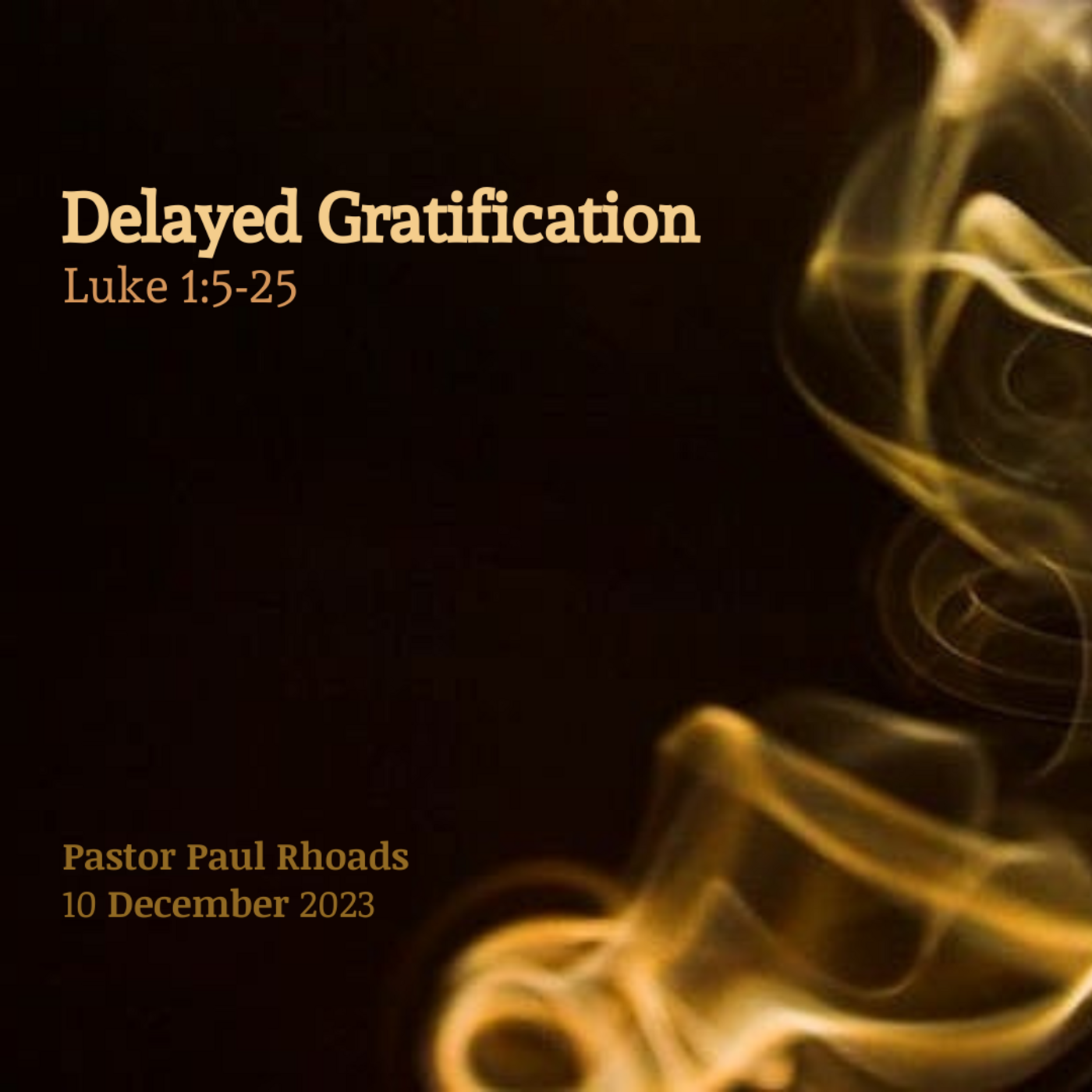

In every communication God has with the key people in the Christmas account, He tells them the same thing: "Do not be afraid". Fear is a factor in every person's life, whether external fears like finances and world conditions or internal ones like loneliness, failure and change. But the Lord helps us to move past "What If?" by experiencing His mercy and faithfulness. So even when our hopes are unrealized and we feel inadequate, like Zecharias and Elizabeth, we can be confident that He blesses those who fully trust and faithfully walk with Him, and that He remembers and answers our prayers.
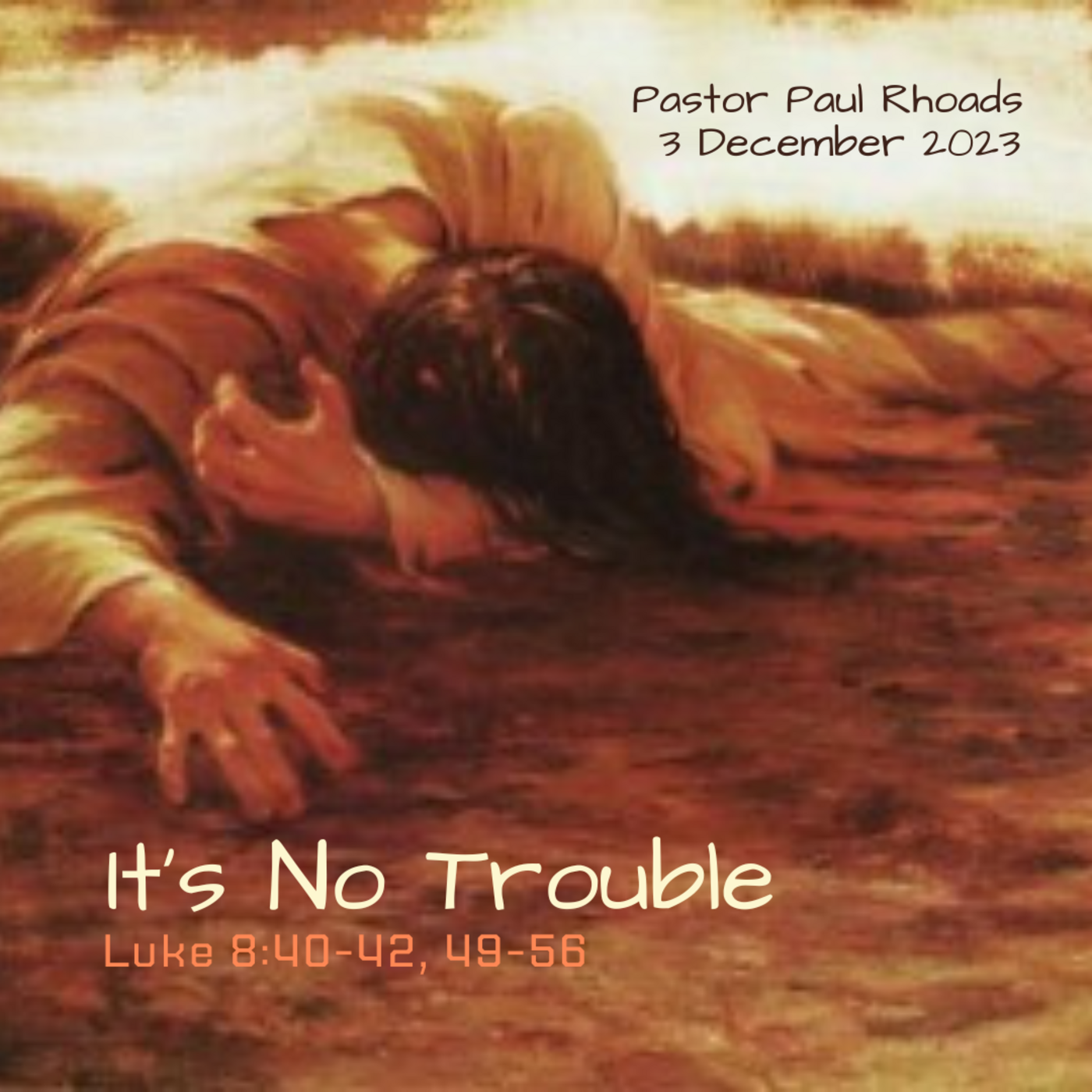

Jesus interacted with a man names Jairus, whose young daughter was very ill. Even though he begged Jesus to come alongside and help him, she died before they got to the house. The person bringing the bad news told him not to "trouble" Jesus anymore, and it would have been easy for Jairus to just accept her fate, or even get angry and bitter. But Jairus had strong and resilient faith, which requires an investment of our heart and convictions. His unwavering trust that nothing is impossible with God was rewarded, and gives us an example to follow.
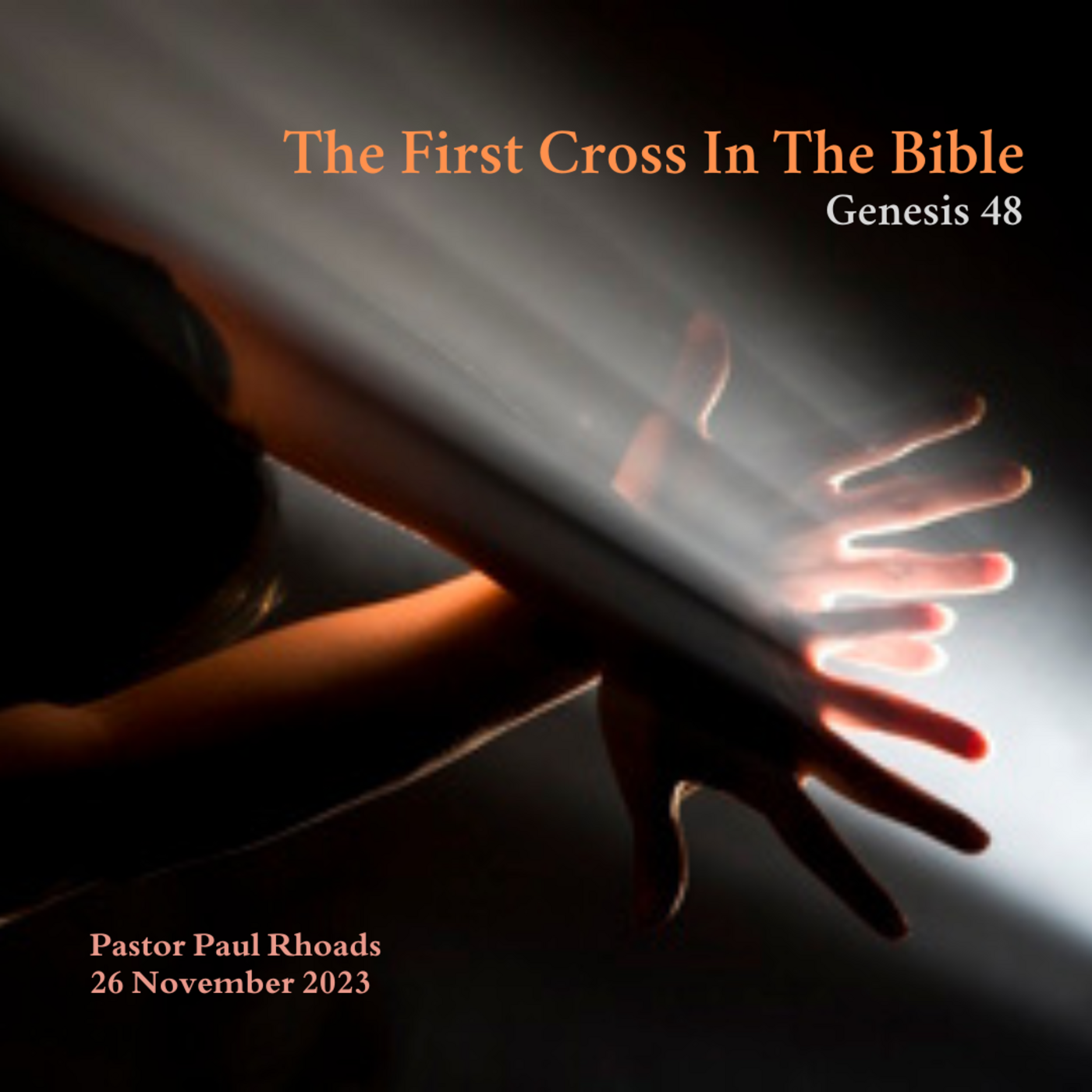

There are countless, distinctive examples of the Lord blessing people and groups. But why does He do this, and are there conditions under which He is more inclined to bless us? Jacob's unique blessing of Ephraim in Genesis 48 not only gives an advance picture of the undeserved mercy Jesus offered at the cross, it also affirms 2 Chronicles 16:9, which says "the Lord is looking to strongly support those whose hearts are completely His". We can be confident of His blessing in that way when we live out four key convictions and actions in our lives.
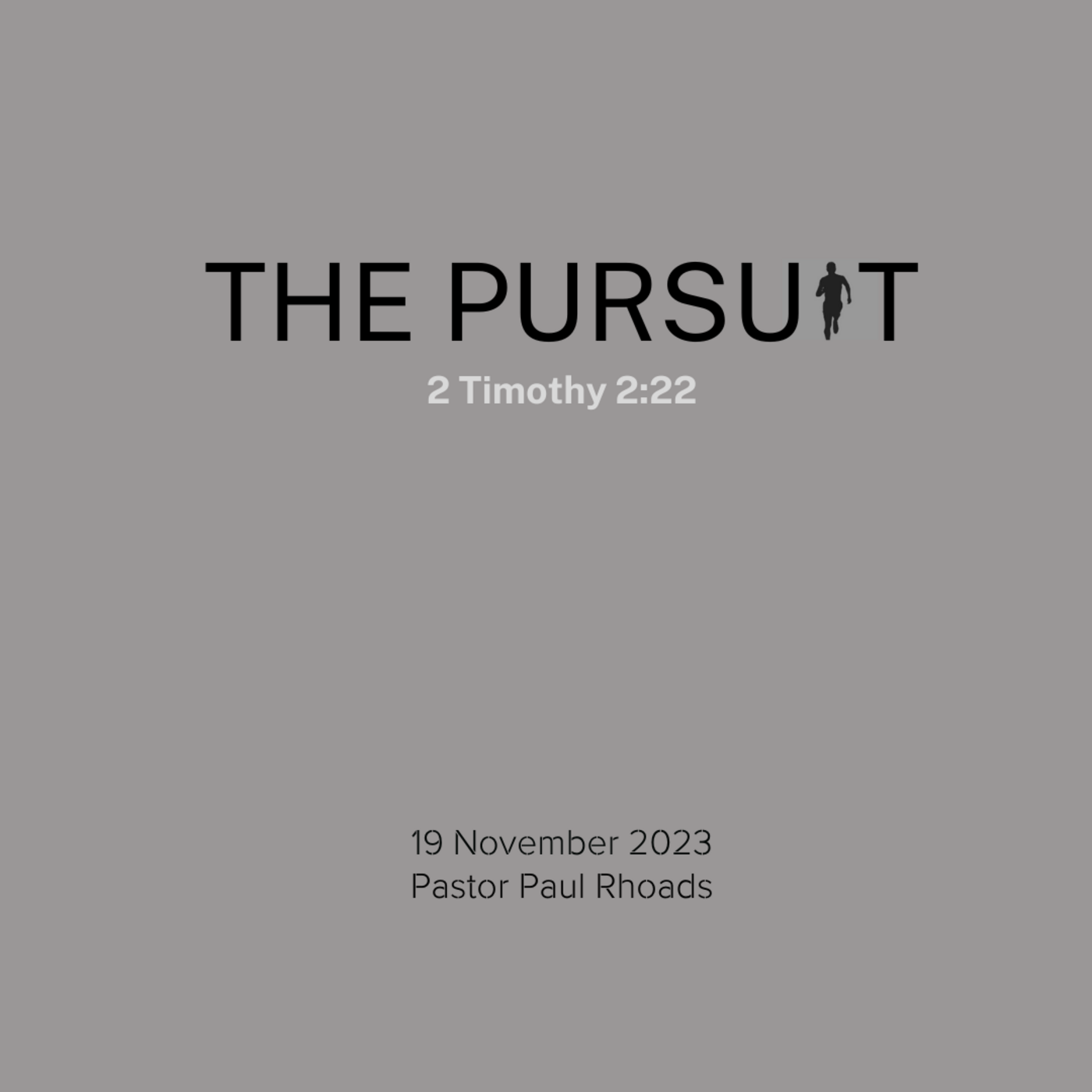

As we live as believers in Jesus Christ, we're called to escape safely from sin while running swiftly toward deep faith, holiness and being like Christ. Using the analogy of hunting, we see that this pursuit requires intentional prioritization and preparation, and that working together, we can fulfill our individual and collective purpose of imitating Jesus in our lives and church. The great motivation is our love for, and gratitude to, Him...and the understanding that this is the wisest way to be faithful in our walk.


Whether in parables or direct explanation, the constant focus of Jesus' teaching was the Kingdom of God. When we view life through the Lord's priority, it transforms our thinking, because everything is filtered through the concept of the rule of Christ over our lives. When we are spiritually reborn and have His Spirit, He then has Lordship over all we think, say and do. The Spirit's power also enables us to see the world through His eyes, and alters how we love and minister to people who need Christ as their Saviour.
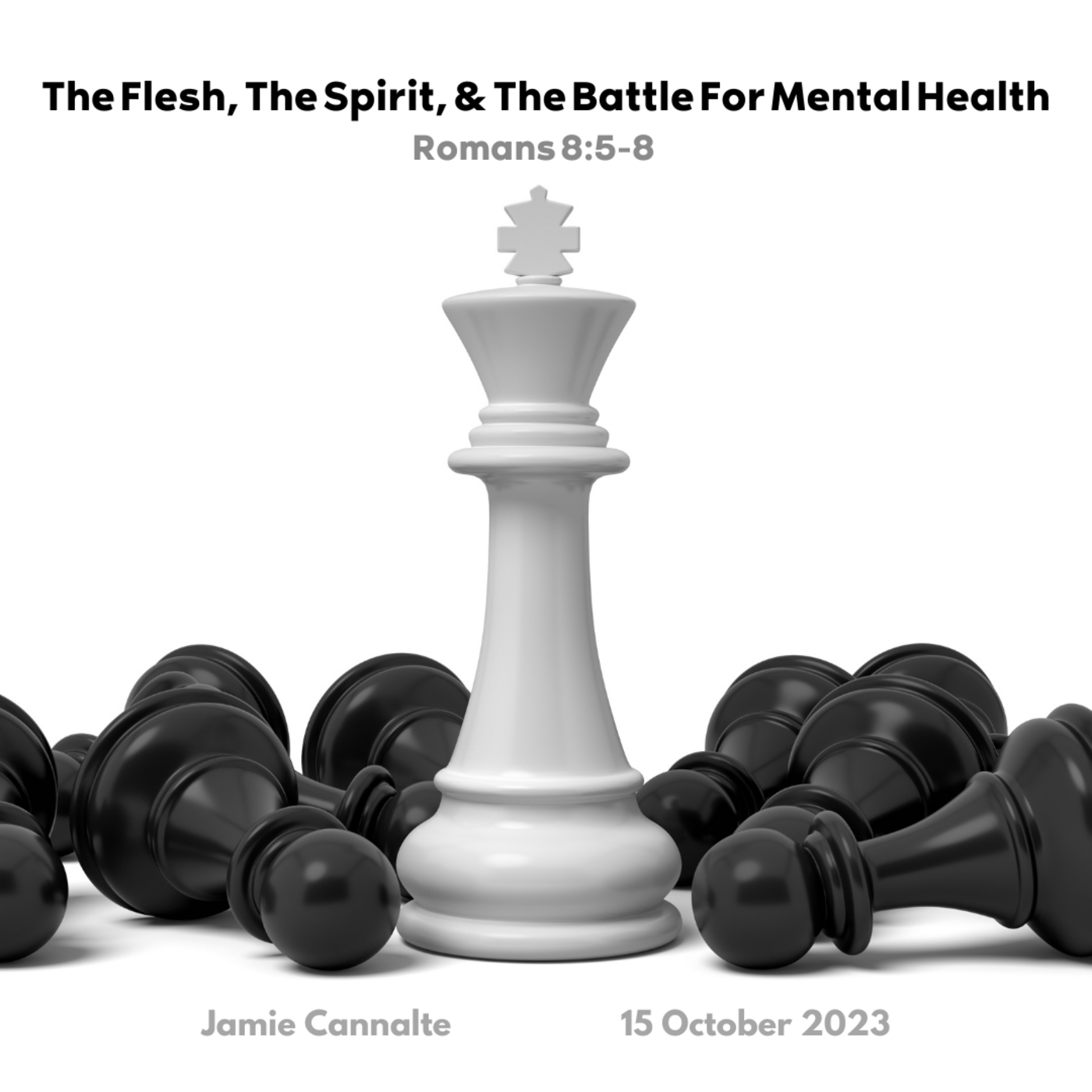

The issue of mental health is a significant and complex issue, especially among the younger generations. This battle resides in our mind, which the enemy is constantly attacking to corrupt and lead away from the Lord, and he pushes us to live by the "flesh" rather than by the Holy Spirit. It's important for us to honestly assess whether the flesh is controlling us and leading us toward death, or whether we are submitting ourselves to the Spirit, Who leads us to life, because the answer has a significant impact on the health of our mind.


When we believe in someone or something, we are convinced, but it doesn't necessarily change our behavior...but when we trust, we are convinced, and it produces change. Israel struggled with trust, so at Sinai, the Lord called them to hear Him. That Hebrew word sama means to carefully hear, listen to and obey. The depth of our relationship with the Lord determines how well we are doing this, and the proof is conforming to His will, rejecting spiritual neglect, and producing the fruit of righteousness.
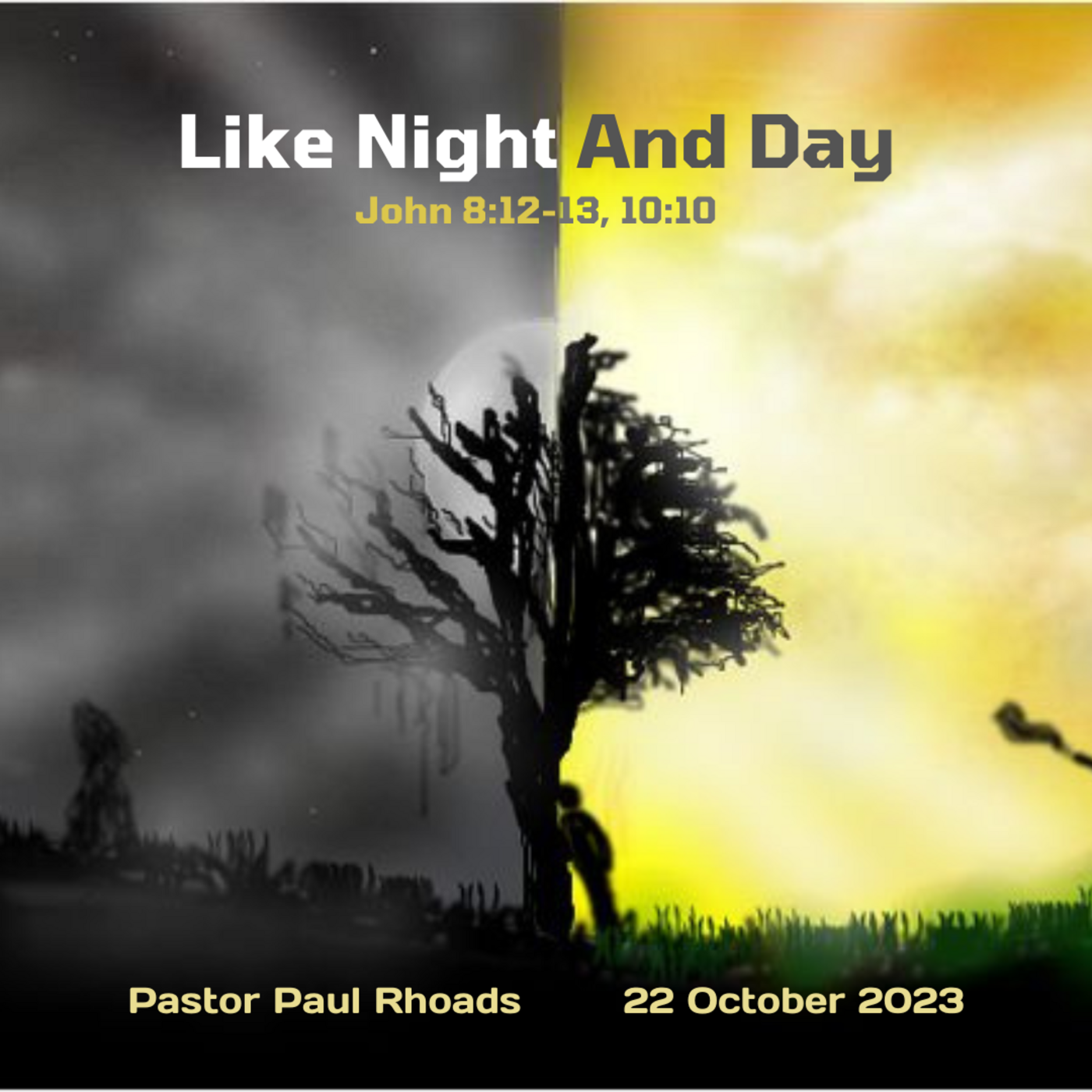

Death has been in the news because of the conflict in the Middle East, but it continues a growing narrative that some lives aren't worthy--Israel, life in the womb, and even those who hold Biblical convictions. But as Christians, we have the hope of life. The Lord not only created us, but offers every person rescue from sin and death through Jesus Christ. This secures eternal life, and until then, allows us to experience life that is "abundant"--"extraordinary and beyond measure". But as we walking in that new life? The answer will show itself in the amount of His Light that is emanating from our lives.
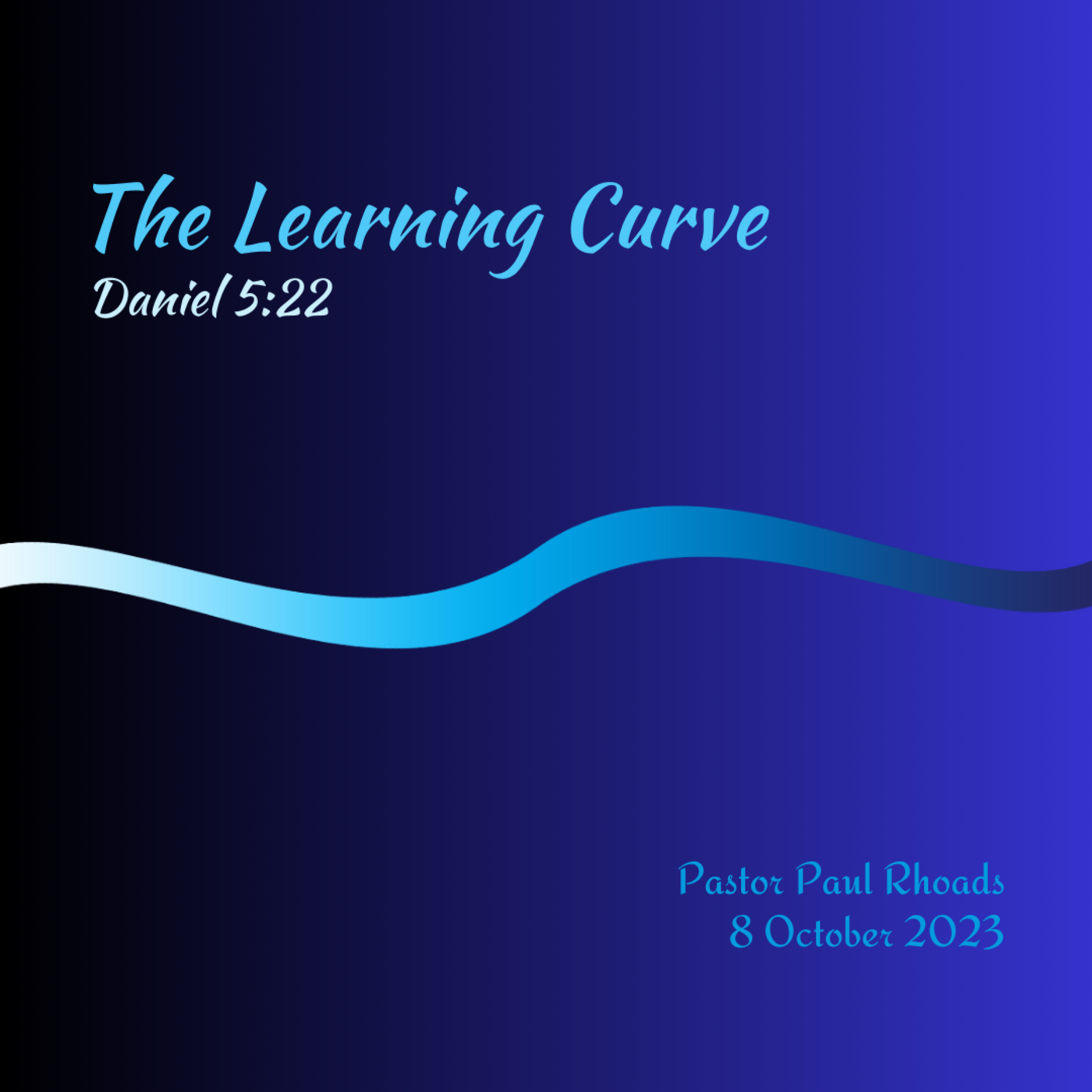

When we reach our mid 20's, our brain's ability to form new neural connects--it's neuroplasticity--starts to decline, more rapidly as we age. This means we have to be intentional about learning--Biblical truth, essential facts and about ourselves and others. This is vital in living for the Lord, so we remain humble and teachable. In Daniel 5, King Belshazzar didn't learn from the mistakes and spiritual transformation of his grandfather Nebuchadnezzar, even though the Lord gave him multiple opportunities to repent and change. It's a stark reminder to make sure we are responding to God's teaching and refining.
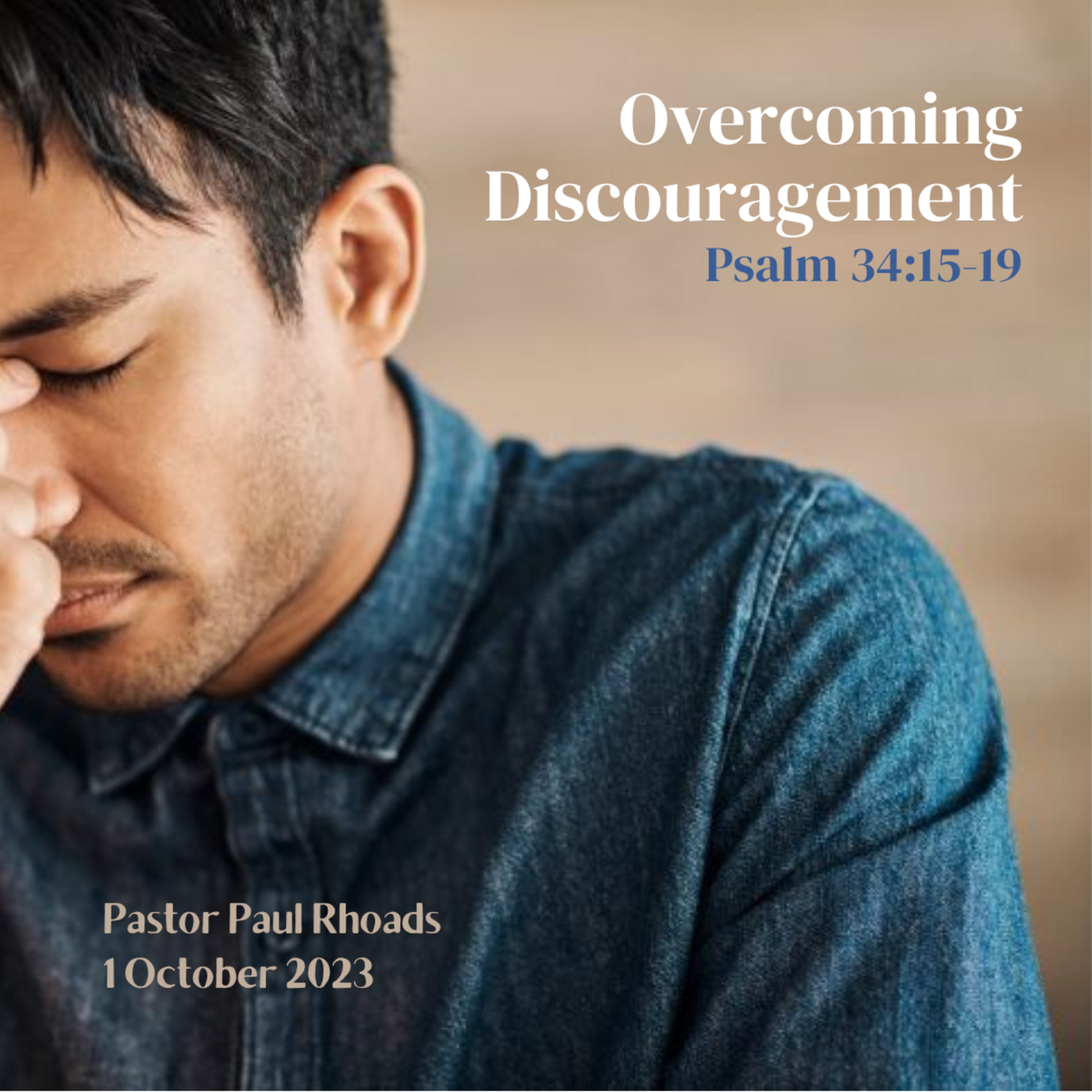

We all endure difficulties, but at times, the problems stack up so high that we feel very discouraged. Psalm 34 teaches us to first carefully analyze possible self-inflicted causes like sin, self-dependence and soft faith. Spiritual warfare also incites fear, which can control our thinking and perspective. But we need to remember that circumstances are only temporary, but trusting in the Lord's faithfulness and provision gives us the strength to endure through discouraging situations.
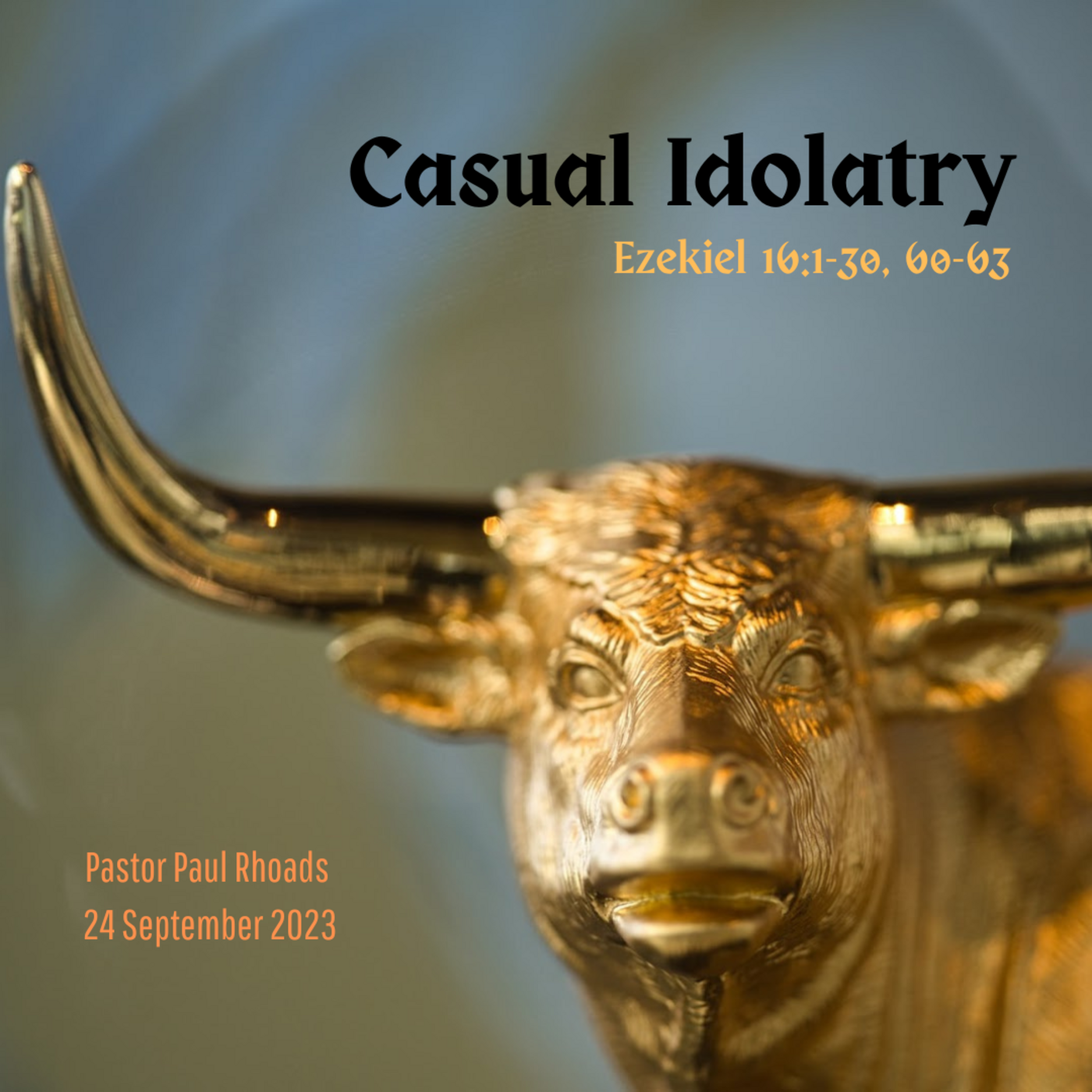

The book of Ezekiel is full of odd and confusing imagery, but it's timeless message comes down to simple truths: God is holy, mankind is sinful and rebellious, but the Lord is still loving and gracious to offer His mercy and redemption to everyone. At that time, the nation of Judah had ignored the prophets, and allowed their unguarded hearts and tolerance of sin to choose what was openly offensive to God. It causes us to evaluate our own faithfulness to the Lord, and is a call to be grateful for all He has done.
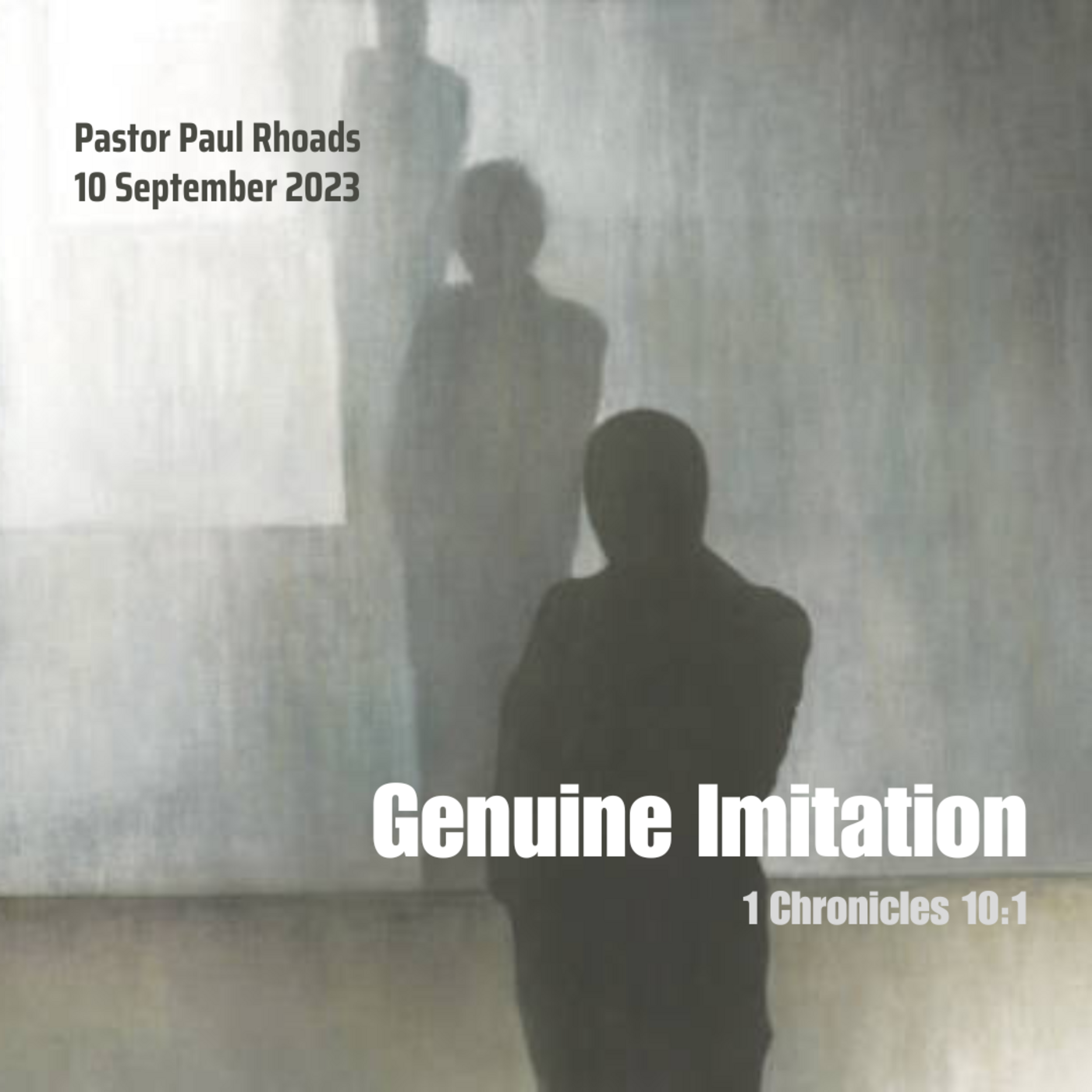

What are the essence and purpose of a Christian? When the apostle Paul said to the proud, worldly and distracted Corinthian church to "imitate me as I imitate Christ:, he was stressing the importance of looking at Jesus to answer those questions. Every believer is called to be a replica of Christ, especially by genuinely living out the fruit that His Holy Spirit equips us to live out. This will enable us to be a living example who can encourage everyone around us to walk with the Lord.
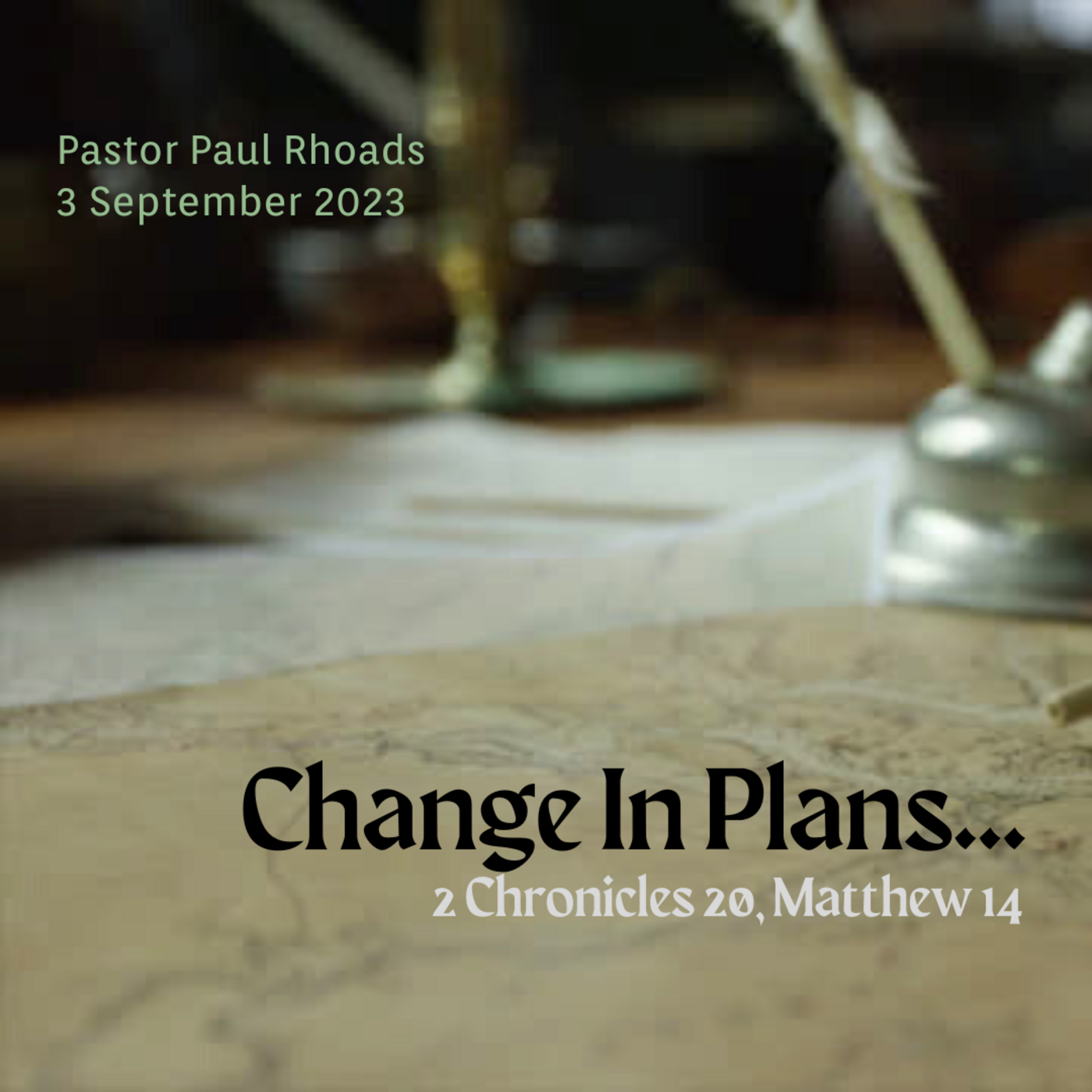

Often when we face change, in frustration we question why it had to happen, or wonder what life might have been like if it hadn't. A more beneficial response is to understand what the Lord is teaching us through the change. By looking at decisions of both King Jehosophat and Jesus' disciples, we see the importance of seeking the Lord with confident humility, knowing that the enemy may cause change, but the Lord wants to use it for HIs purpose, and so we will trust and glorify Him more.
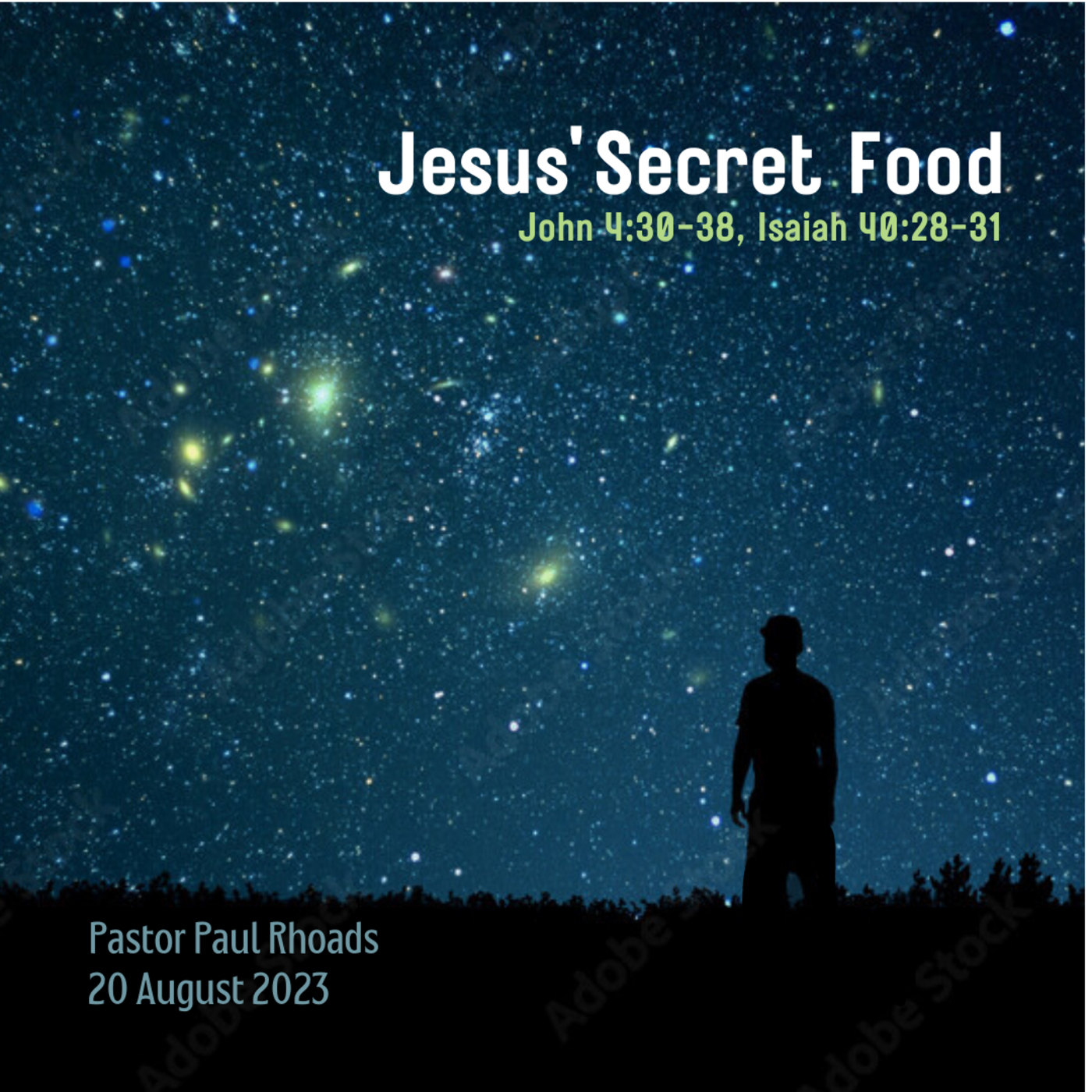

With the pressure and stress that inevitably comes with fall's schedules, how do we ensure that we grow and thrive spiritually? In John, after Jesus had ministered to the Samaritan woman at the well, He tells the disciples that He has a secret food that empowers Him. He prioritized times alone with the Father, being refilled and refreshed. Following His model will keep us from getting burned out, weakened and cynical. While that requires some sacrifices, we will find that it is actually far more difficult to continue to do what steals our joy, confidence, hope and spiritual health.


The Psalms tell us that "it is good" to thank and praise the Lord, declaring HIs lovingkindness and faithfulness. To declare means to "stand boldly and openly make known", which not only changes our perspective on everything, but also puts us in the position to experience five benefits the Lord provides as a result. These benefits center on building a deeper love for the Lord, a heart of humility and gratitude, and a fresh realization that there is nothing better than being blessed because we have chosen to "taste and seeing that the Lord is good".
